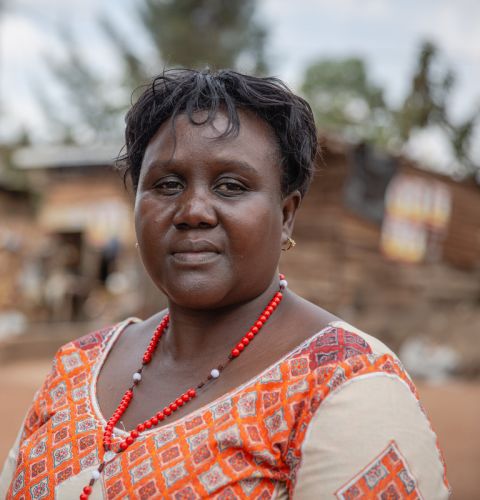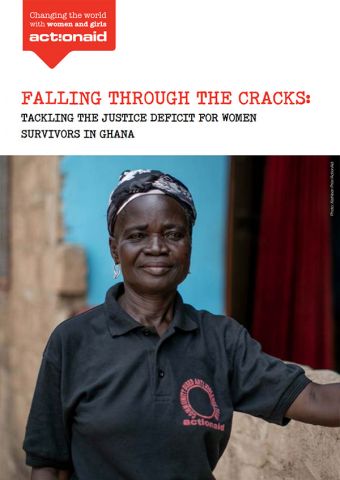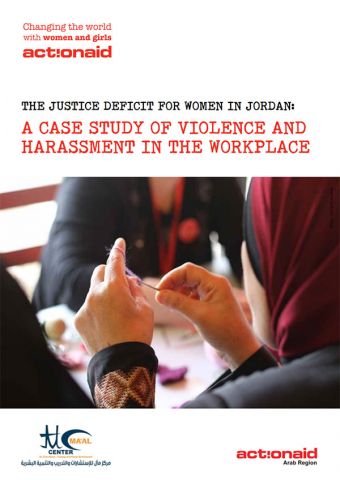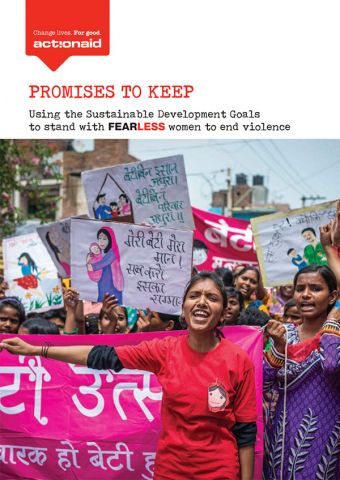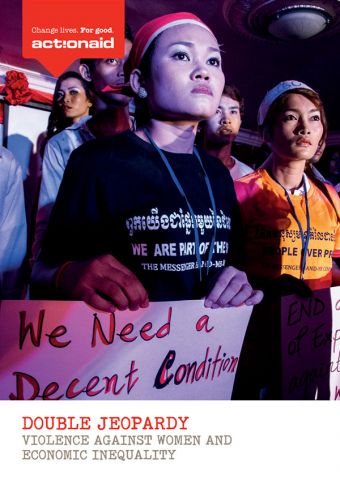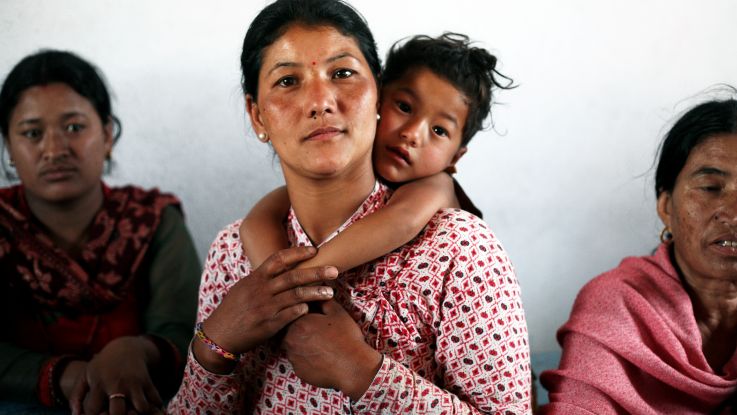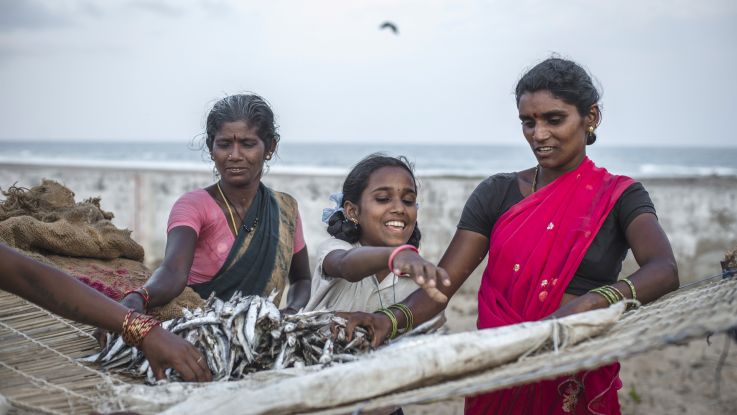Addressing gender-based violence
Our position on gender-based violence
We approach GBV through an intersectional feminist and decolonial framework that recognises:
Structural nature of violence
Violence is embedded in and perpetuated through interconnected systems of power.
These encompass patriarchal structures that normalise gender hierarchies, colonial systems that continue to impact Indigenous communities, and economic structures that create and maintain dependency.
Legal and policy frameworks frequently fail to protect marginalised individuals, whilst cultural institutions reinforce gender-based oppression, healthcare and other public service systems routinely discriminate against women, girls, trans and gender-diverse people, creating additional barriers to safety and wellbeing.
GBV is a cross-cutting issue, and we cannot work separately on women’s economic justice, climate change and women and girls’ rights.
Intersectional feminist analysis
We recognise that experiences of violence are shaped by multiple, overlapping systems of oppression.
Gender-based violence cannot be separated from racial justice and class exploitation, both which intensify vulnerability to violence.
Ableism creates additional barriers for individuals with disabilities, whilst immigration status affects access to protection and support.
Religious discrimination compounds risks for minority faith communities, and homophobia and transphobia create specific forms of vulnerability that must be understood and addressed.
Community-led solutions
Our approach centres the leadership and expertise of those most impacted by violence.
We support grassroots feminist, women and girls’ organisations and amplify indigenous women's resistance strategies.
Through funding initiatives led by and for marginalised communities, we help build solidarity across different justice movements.
Our work promotes collective healing and community care, recognising that sustainable change must emerge from affected communities themselves.
Systemic change
We work toward transformation at multiple levels, challenging economic systems that create dependency and transforming legal frameworks to protect all gender identities.
Our efforts support alternative models of community safety and promote inclusive healthcare access.
By building collective power for political change, we address both immediate needs and long-term structural transformation.
Decolonial practice
Our work actively challenges colonial power structures by centring indigenous knowledge and healing practices.
We support Global South feminist movements and address economic exploitation and resource extraction.
By challenging western-centric approaches to gender and building transnational solidarity networks, we contribute to a more equitable and just world.
We work to create a world where all women, girls, and people regardless of gender identity or expression, can live free from violence and oppression.
This requires sustained commitment to addressing both immediate manifestations of violence and their root causes, whilst building alternative systems based on principles of justice, collective care, and liberation.
Read our latest reports
Page updated 11 March 2025
